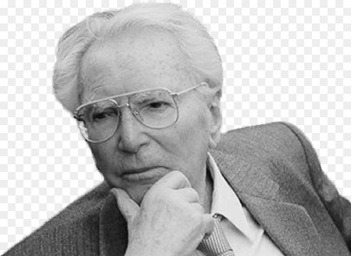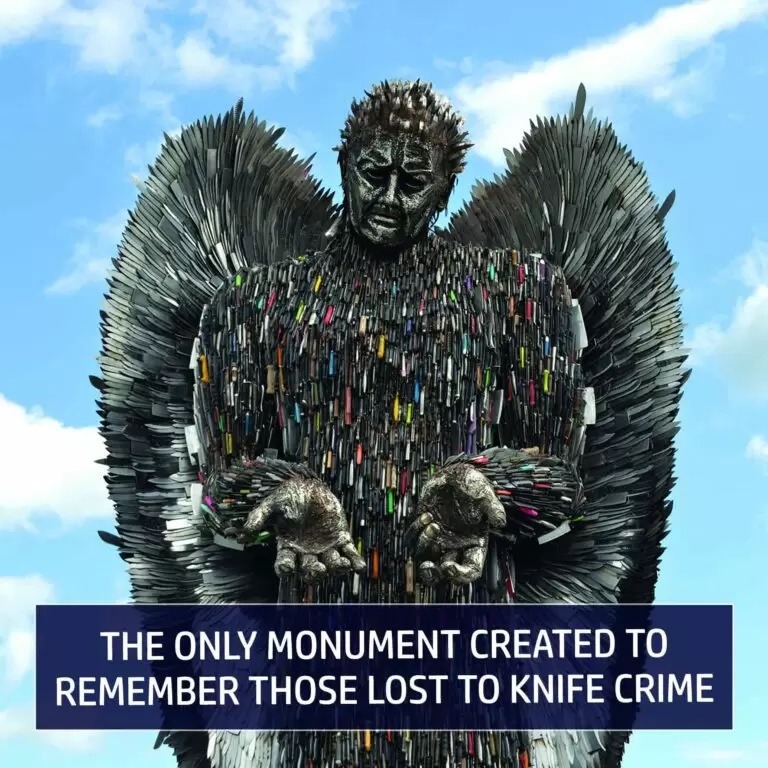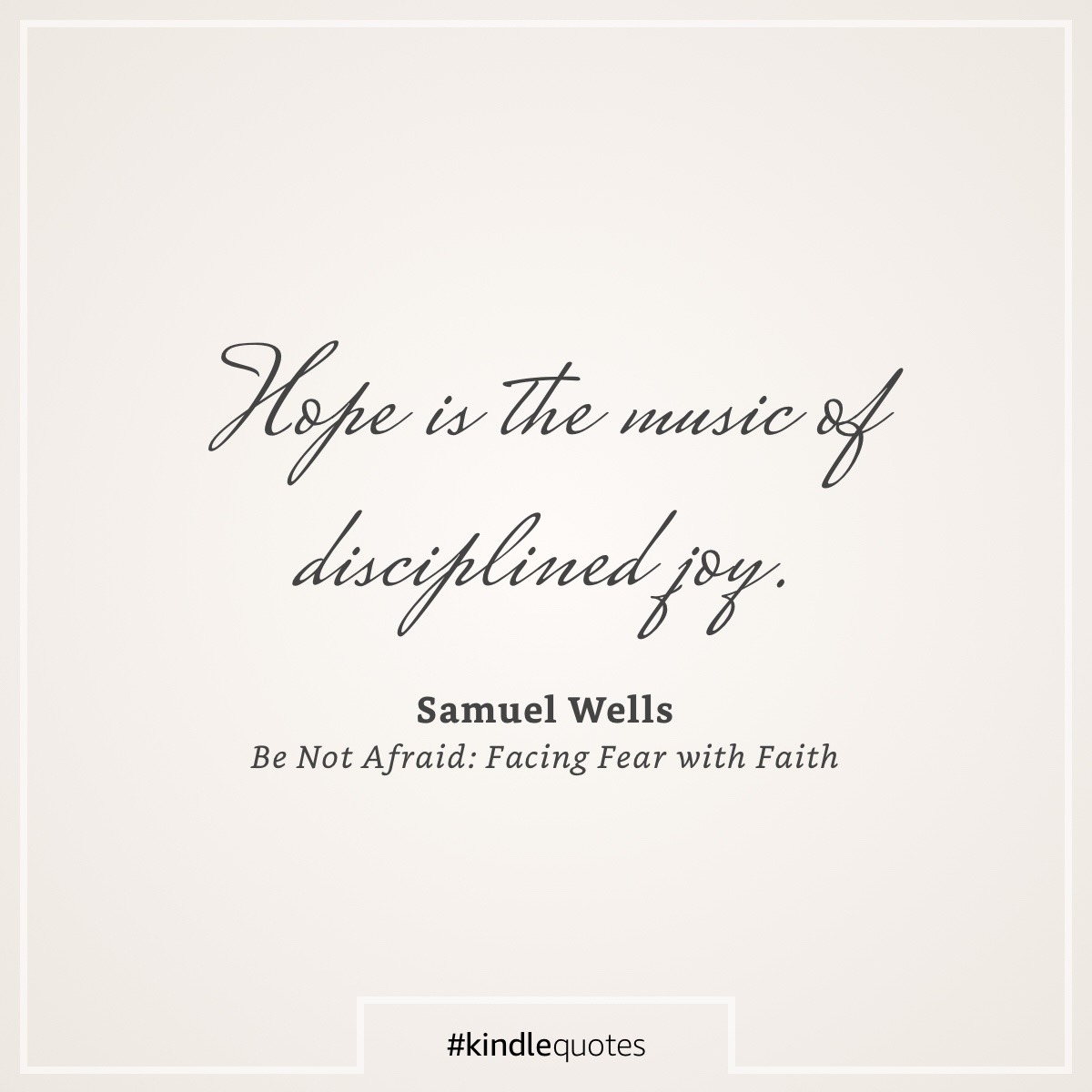A Sermon on Lamentations 1 (With thanks to Jonathan Sacks in ‘To Heal a Fractured World’)
This sermon may be heard online here:

Victor Frankl was born in Vienna in 1905. He and his family were deported by the Nazis to a concentration camp in 1942 during the second World War. He spent the next three years in extermination camps, including Auschwitz. He and one sister were the only members of his family to survive.
He was a distinguished neurologist and preserved his sanity by observing his fellow prisoners, as a scientist.
The Nazis dehumanised their prisoners in every possible way. They took away everything that gives people any sense of being an individual: their clothes, shoes, hair, names.
How did people respond?
First of all there was shock and complete disillusionment. For Victor Frankl they seized his most precious possession, a manuscript containing his life's scientific work. He said that at this point, "I struck out my whole former life”.
But then this lead to a second stage:
Apathy, a complete deadening of the emotions. People becoming like robots, hardly living, merely existing.
It was at this point that Victor Frankl asked the key question. Is there any freedom left to someone who has been robbed of everything. What remains once you have lost everything?
He noticed that some of those in the camps went around comforting others, giving away their last piece of bread. They were not many but they proved one thing. You can choose your attitude in any given set of circumstances, you can choose your own way.
Victor Frankl realised there was one freedom that can never be taken away. The freedom to decide how to respond.
He put this into practice. Two of his fellow prisoners were contemplating suicide. He spoke to one. He had published a series of books on geography but it was not yet complete. The task awaited him.
He spoke to the other. He had a daughter longing to see him again. A person awaited him.
In both cases what was essential was realising there was something to be done that could be done by no one else.
This knowledge gave meaning. It gave purpose. It gave back individuality.
You can always find meaning, even in a hopeless situation. There is something for you to do. That only you can do.
There is a call from someone else.
It is a call from God. In the struggle, we move from “Why is this happening?” to realising we ourselves are being questioned. By God.
Life is a task. Life is a mission. God in Christ has called you. What is he calling you today? What is there that only you can do?
What do we call that space, that place, that time, that moment, when we pause and discover what it is that only I can do?
What do we cause the Pause Button where we rediscover meaning?
What do we call the Reset Button where we find energy to live, to go on, when even our most precious things have been taken from us?
Today’s reading gives us the answer.
We call it Lamentation.
Or Grief Or Mourning
It is called
The Hebrew title of the book of Lamentations is “How?” or “Alas”
Or, we might say, “Why is this happening?”
Lamentation is facing reality; And it is opportunity. For in that stopping, that grieving - we can say: What now is my call, my purpose?
To write a book, perhaps
To visit a daughter maybe
That is what is just beginning to happen in this chapter one of Lamentations. The writer looks around at the total destruction and devastation. They see the Holocaust, if we may use that word, which has overtaken Jerusalem around 600 years before the coming of Christ
They ask “how?” – the first word of the book. They are holding together the reality, and their belief in God. They have not become atheists, but see God is responsible, having decided this, having made this happen. Listen again to the words of this woman or man.
Her downfall was terrible; no one can comfort her. Her enemies have won, and she cries to the Lord for mercy.
10 Her enemies robbed her of all her treasures. She saw them enter the Temple itself, Where the Lord had forbidden Gentiles to go.
11 Her people groan as they look for something to eat; They exchange their treasures for food to keep themselves alive. “Look at me, Lord,” the city cries; “see me in my misery.”
12 “Look at me!” she cries to everyone who passes by. “No one has ever had pain like mine, Pain that the Lord brought on me in the time of his anger.
13 “He sent fire from above, a fire that burnt inside me. He set a trap for me and brought me to the ground. Then he abandoned me and left me in constant pain.
American Bible Society. (1992). The Holy Bible: The Good news Translation (2nd ed., La 1:9–14).
New York: American Bible Society.
Lament is a time to ask the questions. Which is why we need to lament now. To ask the questions we are barely allowed to ask in this pandemic
- which is better: to self-isolate or to gather and risk a shorter happier life
- which is better: to be lonely and depressed but live long, or to hug our grandchildren and die happy.
- which is better: a long life in this world, or a richer life here and continued into eternity?
And the bigger question, and it is bigger…
- which is better: going back to how life was, or changing so that our planet and ecosystem and our environment have a life-sustaining future for our great grandchildren.
Were we not asking that question in the quiet of lockdown?
I ask these questions fully aware of the needs of the NHS and the staff who are working all the hours and more that God has made, and are exhausted. I ask these aware that protecting the NHS is one of the vital things we need to be thinking about.
But aware too that a long life is not the only measure of well-being. Jesus came to bring us fullness of life. But that does not necessarily mean a long life. Jesus lived a fuller life than anyone - and died in his thirties.
As a Christian (as it is for Jews to whom the scriptures were given) our task can be to ask the questions others are afraid to ask. Because our scriptures ask questions
We do not have the answers, but we must ask the questions. And to lead in showing how to lament. We have lost the ability to grieve in the UK as a whole. How many times, when people weep following a death, do they apologise, as if it is something to be ashamed of. Far from it - weeping is the OBE for loving.
The interviewer was speaking with Mother Teresa one day many years ago. He found himself unprepared:
“When you pray,”
he asked, “what do you say to God?”
“I don’t say anything,” she replied.
“I listen.” He tried another tack,
“Well, okay...when God speaks to you, then, what does He say?”
“He doesn’t say anything. He listens.”
He looked bewildered.
He didn’t know what to say.
“And, if you don’t understand that,” Mother Teresa added, “I can’t explain it to you.”
The Book of Lamentations began the questioning at that first Holocaust. Began that saying, “:How?”, “Why?”, “I don’t understand.”
But see their faith! They still hold onto God.
It was not that God is powerless; they did not think he had given up on them; rather that he was holding them responsible. This was better than being deserted. You can still ask, How could you let this happen? Why did you let this happen?
But the Bible does not stop there. There were others at the same time or soon after who said "comfort my people, comfort my people". Others who held out hope. "There will be a highway in the desert as my people will return to the land". There will be a new temple, a new Jerusalem.
And the Bible does not stop there either. For Jesus came into the world and taught us that natural disasters such as collapsing towers and worse do not happen because we have sinned or our fathers have sinned. And he taught us that in the very darkest moments, its is not that God is standing over us like an angry schoolteacher with a stick, but is alongside us, Emmanuel, God with us.
And it does not stop there either. As Mary stood at the foot of the cross, perhaps she asked, "why?", “How?". And God was never closer. Hanging in there, literally, with her in the Whys and Hows.
And all the questions were answered on the day of resurrection.
So let us lament, let us ask the questions. Let us pause. Let us weep. That we might find the reset button, ask the questions, find the answers, and move on to the new future God has for us. As he had for the Jews in Jerusalem. As he had for Jesus on the cross. As he has for you and me today in whatever you face and I face. Amen
Closing Prayer
Lord God, between what happens and how I respond, there is a space. In the ‘pause’ I ask for your help and wisdom to shape and direct my life. Train me, Lord, to press the pause button before reacting. Teach me to grieve, to lament, that I may know how to press the Reset Button. In that pause I ask for your wisdom and guidance
 Add Row
Add Row  Add
Add 




Write A Comment